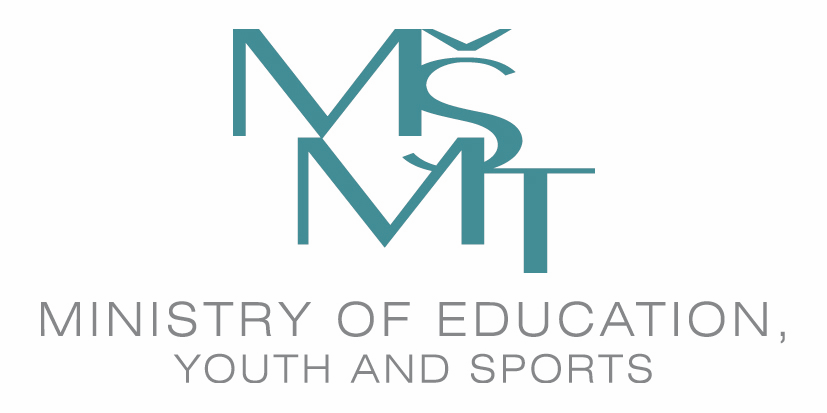Annotation
Applications for natural language processing (NLP) have exploded in the pastdecade. With the proliferation AI assistants and organizations infusing their businesses with more interactive human-machine experiences, understanding how NLP techniques can be used to manipulate analyze, and generate text-based data is essential. Modern techniques can capture the nuance, context and sophistication of language just as humans do. And when designed correctly, developers can use these techniques to build powerful NLP applications that provide natural and seamless human-computer interactions within chatbots, AI voice agents, and more. Deep learning models have gained widespread popularity for NLP because of their ability to accurately generalize over a range of contexts and languages. Transformer-based models, such as Bidirectional Encoder Representations from Transformers (BERT), have revolutionized NLP offering accuracy comparable to human baselines on benchmarks like SQuAD for question-answer, entity recognition, intent recognition, sentiment analysis, and more.
In this workshop, you’ll learn how to use Transformer-based natural language processing models for text classification tasks, such as categorizing documents. You’ll also learn how to leverage Transformer-based models for named-entity recognition (NER) tasks and how to analyze various model features, constraints, and characteristics to determine which model is best suited for a particular use case based on metrics, domain specificity, and available resources.
This course is only offered to academia (see details below in section Capacity and Fees).
Level
intermediate-advanced
Language
English
Purpose of the course (benefits for the attendees)
- Understand how text embeddings have rapidly evolved in NLP tasks such as Word2Vec, recurrent neural network (RNN)-based embeddings, and Transformers
- See how Transformer architecture features, especially self-attention, are used to create language models without RNNs
- Use self-supervision to improve the Transformer architecture in BERT, Megatron, and other variants for superior NLP results
- Leverage pre-trained, modern NLP models to solve multiple tasks such as text classification, NER, and question answering
- Manage inference challenges and deploy refined models for live applications
Prerequisites
- Experience with Python coding and use of library functions and parameters
- Fundamental understanding of a deep learning framework such as TensorFlow, PyTorch, or Keras
- Basic understanding of neural networks
About the tutor
Georg Zitzlsberger is a research specialist for Machine and Deep Learning. He received his certification from Nvidia as a University Ambassador of the Nvidia Deep Learning Institute (DLI) program. This certification allows him to offer Nvidia DLI courses to academic users of IT4Innovations' HPC services.
NVIDIA Deep Learning Institute
The NVIDIA Deep Learning Institute delivers hands-on training for developers, data scientists, and engineers. The program is designed to help you get started with training, optimizing, and deploying neural networks to solve real-world problems across diverse industries such as self-driving cars, healthcare, online services, and robotics.
Acknowledgements
This event is a PRACE Training Centre (PTC) course, co-funded by the Partnership of Advanced Computing in Europe (PRACE). The main web page of the course is located on the PRACE Events Portal.
This course is sponsored by NVIDIA as part of the NVIDIA Deep Learning Institute (DLI) University Ambassador program.


This event was partially supported by The Ministry of Education, Youth and Sports from the Large Infrastructures for Research, Experimental Development and Innovations project "e-Infrastruktura CZ – LM2018140“ and partially by the PRACE-6IP project - the European Union’s Horizon 2020 research and innovation programme under grant agreement No. 823767.

This course is supported by the Ministry of Education, Youth and Sports of the Czech Republic through the e-INFRA CZ (ID:90140).


